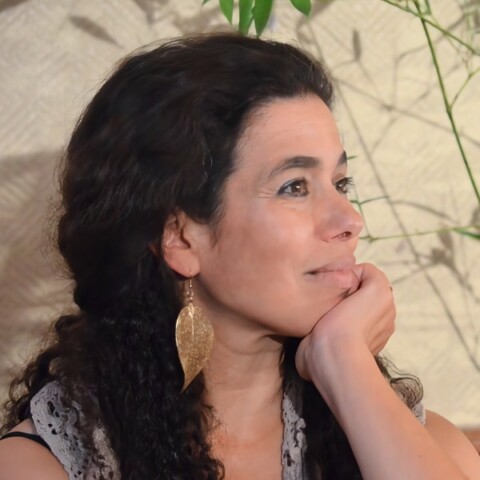This expert discussion explores how nature-based solutions can simultaneously address climate change and ensure food security. Moderated by Philipp Gerbert, CEO of TUM Venture Labs, the panel features Farhah Assaad, a plant geneticist at Technical University Munich; Lavine Irvine, CEO of Coastal Biotech; and Christian Brix Tillegreen, Director of Planetary Health Venture and the Bio Innovation Institute.
Farhah Assaad sets the stage for the discussion, highlighting the importance of nature-based solutions for carbon capture, food security, and climate adaptation.
“Clearly, the biggest carbon sink is forests”, she says. “But it’s really very challenging to increase surface cover for forests, because it’s in competition with agriculture and with conservation efforts for our organic soils.”
One solution is synthropic farming, a regenerative agriculture system pioneered by Swiss farmer Ernst Götsch, who transformed degraded land in Brazil into a thriving ecosystem.
“He managed to have systems that are climate resilient, that restore critical soil functions and biodiversity, while being productive and potent carbon sinks”, Assaad observes. “That’s climate mitigation and food security.”
Lavine Irvine shifts the focus to the ocean, explaining how macroalgae can be a powerful tool for decarbonization and food security. “Globally, seaweed farms capture about 1.2 gigatons of CO2 annually, and about 56 million tons of that gets transported and locked into deep ocean sinks each year”, she notes.
There’s a positive social impact, too. In Tanzania, for example, 28,000 seaweed farmers (90% women) have gained financial independence through their work – while benefiting the environment. “For the last 40 years, they have silently been mitigating ocean acidification and they have been a huge supporter in marine biodiversity”, Irvine explains.
Christian Brix Tillegreen discusses the role of biotechnology in scaling nature-based solutions. “We believe a lot in precision fermentation”, he says, explaining how the Novo Nordisk Foundation funds research that isolates beneficial microorganisms from healthy soil and scale them through fermentation. One goal was “helping plants cope with stress”, he adds.






